Videos
NFTs & Gaming: A Marriage of Revolutionary Innovations
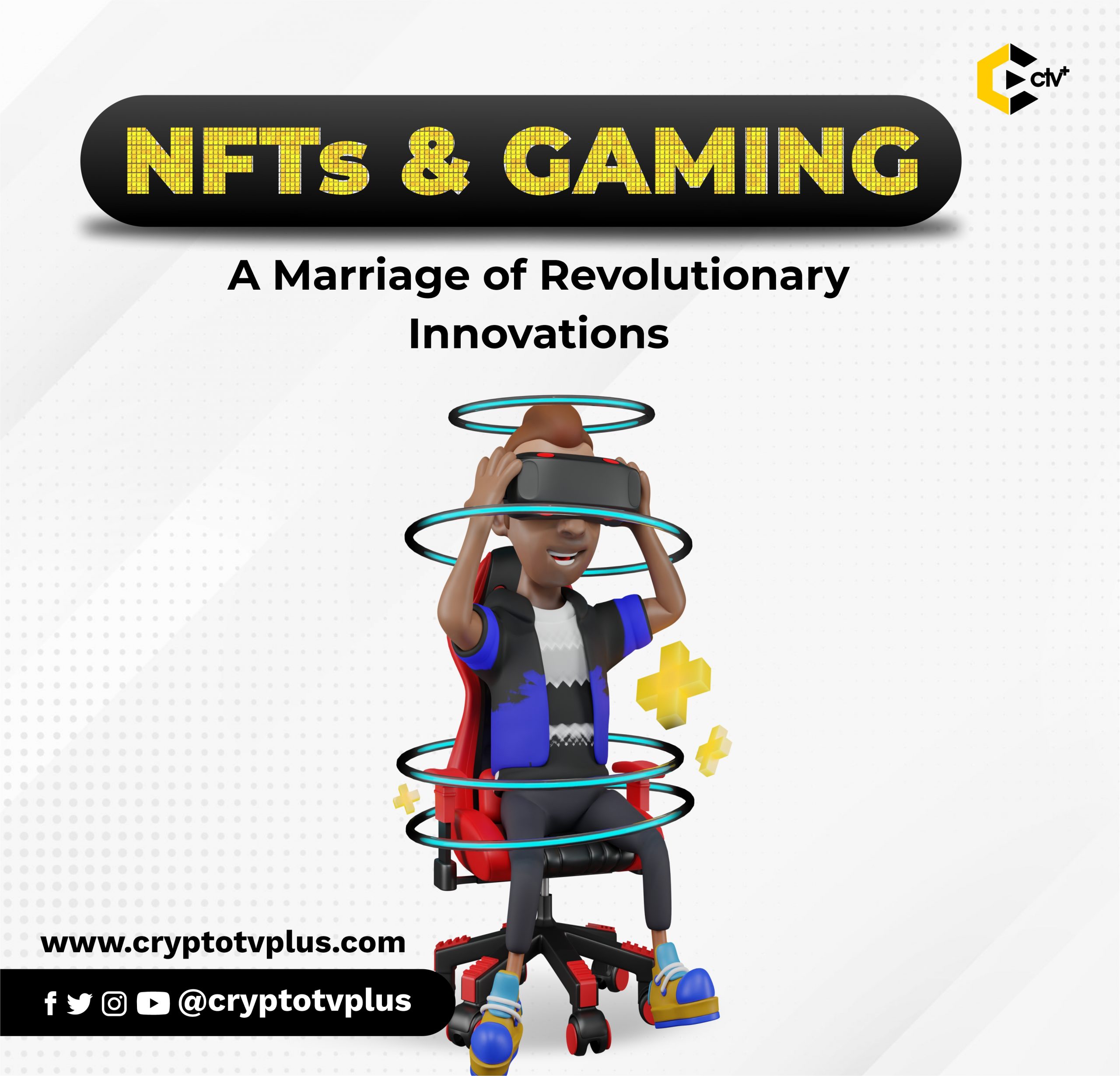
NFTs are revolutionizing the way gamers think about online gaming and in-game asset purchases
Blockchain technology in gaming is driven by non-fungible tokens (NFTs), digital assets that represent in-game content.
These tokens are unique, rare, and indivisible, while the blockchain networks that underpin NFTs facilitate player ownership, provable scarcity, interoperability, and immutability.
Together, these advantages have the potential to drive mainstream adoption and a far more equitable value model.
The global gaming industry generates revenue across three market subsets: mobile, PC, and console gaming, which together are valued in the hundreds of billions of dollars and growing.
However, while industry incumbents profit from this robust growth, players generate little lasting value for themselves.
After investing in expensive consoles, PCs, or mobile devices, players enter gaming environments that offer a tiered-access user experience.
In these traditional games, money flows in one direction: Players must spend money to access in-game content and exclusive features.
In contrast, blockchain-enabled games — many of which are decentralized applications (dApps) — focus more heavily on generating value for players.
This dynamic introduces a paradigm shift that allows players to better capture the utility and value of assets acquired through in-game purchases, regular gameplay, or promotional events.
For instance, when a player purchases an armor upgrade in a traditional game, their only benefit is enhanced gameplay within the context of that one game.
However, in a gaming ecosystem that utilizes cross-platform non-fungible tokens (NFTs), the same armor can be tokenized in a way that transforms in-game purchases into transferable assets that may confer benefits across interconnected games or be exchanged for money or other digital assets.
Underlying blockchain networks enable the generation and deployment of these NFTs within multiple gaming environments.
Because NFTs are unique and can be designed to retain value beyond the game in which they originated, blockchain-built games have the potential to expand gaming economies dramatically, establish new gaming categories, and fuel development of new games.
We already have a detailed understanding of how NFTs function.
Let’s do a quick review again.
Non fungible Tokens are articles, items from art to real estate; from collectibles to music work – that can’t be divided into finite units.
They have to exist as a whole for them to retain their value. Unlike coins where units of the same coin can be bought, NFTs have to exist as a unit entity to be as valued as they are.
Read also:
Take an example of an art work by Van Gogh, you can’t tear the art apart and expect it to still have its value. It has to exist as a work of art for it to be valuable. NFTs have the three characteristics that make them very valuable.
Players have more to gain now and the growth of the gaming industry isn’t just for the developers but every gamer has potential for massive profit as they play the game.
Some of the major benefits of the gamer in the use of this gaming structure include
- Irreplaceable Ownership of NFTs
- Interoperability with other users and across chains
- Immutability: loss of game progress isn’t loss of NFTs gotten
While there is a significant growth in the industry, developers have to also try to be careful to not over create on art of NFTs.
In creating enough for all game users, there could be a chance at creating less worthwhile projects within the gaming for the users. Artificial intelligence would rather help to provide gamers with creating their own art and craft.
Is GameFi going to replace traditional gaming? What do you think? Share your comments below.



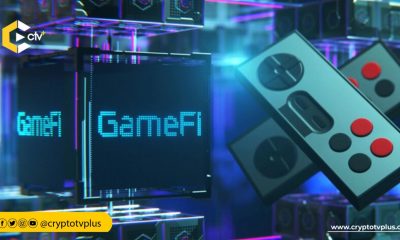

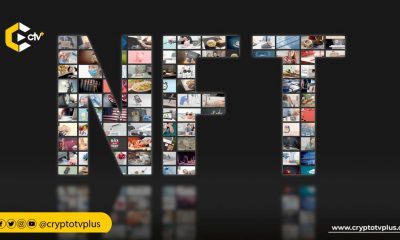

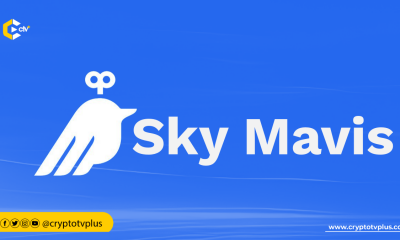

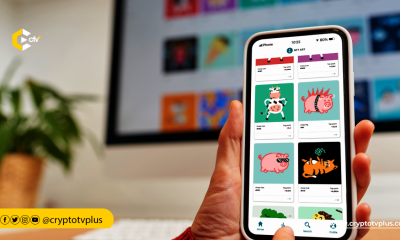

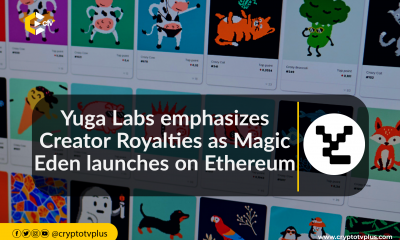

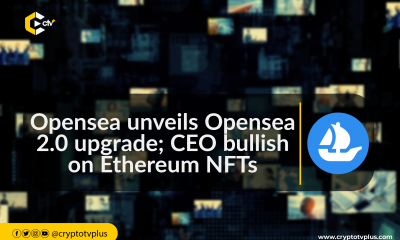











Pingback: NFTs & Gaming: A Marriage of Revolutionary Innovations by Fibafunjehovah Ademola Dosumu – CryptoTvplus Events: NFT, DeFi, Bitcoin, Ethereum, Altcoin Events
Pingback: GENOPETS- The world's first Metaverse Move-to-Earn game | CryptoTvplus: DeFi, NFT, Bitcoin, Ethereum Altcoin, Cryptocurrency & Blockchain News, Interviews, Research, Shows
Pingback: DEFI HORSE - The Metaverse For Horse Racing | CryptoTvplus: DeFi, NFT, Bitcoin, Ethereum Altcoin, Cryptocurrency & Blockchain News, Interviews, Research, Shows
Pingback: Solana Ventures, Forte & Griffin Back Interest in Blockchain Gaming with $150 Million Investment | CryptoTvplus: DeFi, NFT, Bitcoin, Ethereum Altcoin, Cryptocurrency & Blockchain News, Interviews, Research, Shows
Pingback: Solana Ventures, Forte & Griffin Back Interest in Blockchain Gaming with $150 Million Investment – Crypto Watch Daily
Pingback: From Play to Earn (P2E) to Skilled to Earn - Jimmy Zhao | CryptoTvplus: DeFi, NFT, Bitcoin, Ethereum Altcoin, Cryptocurrency & Blockchain News, Interviews, Research, Shows